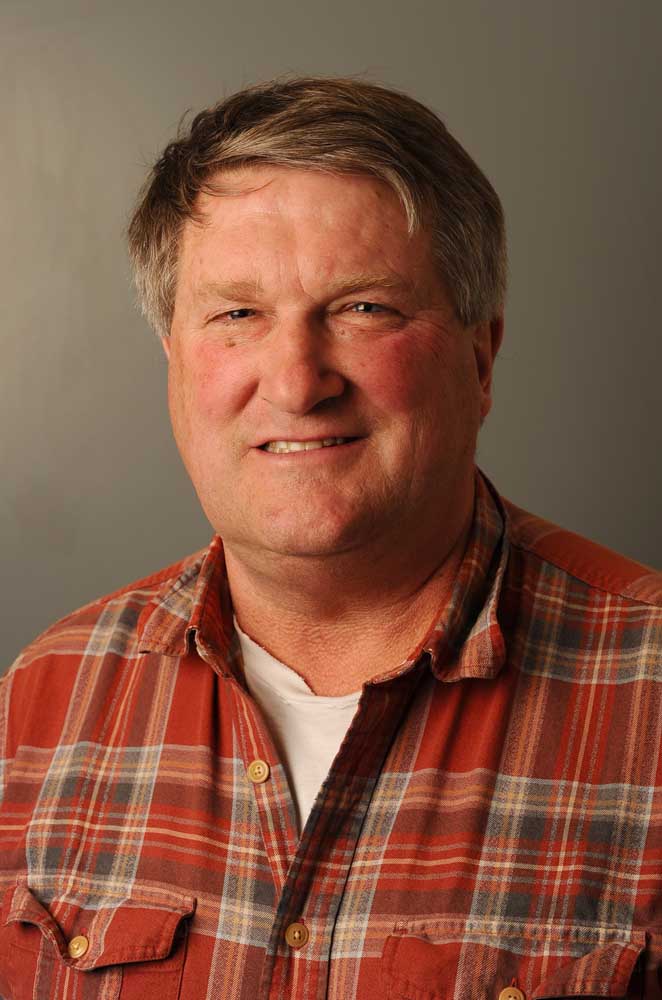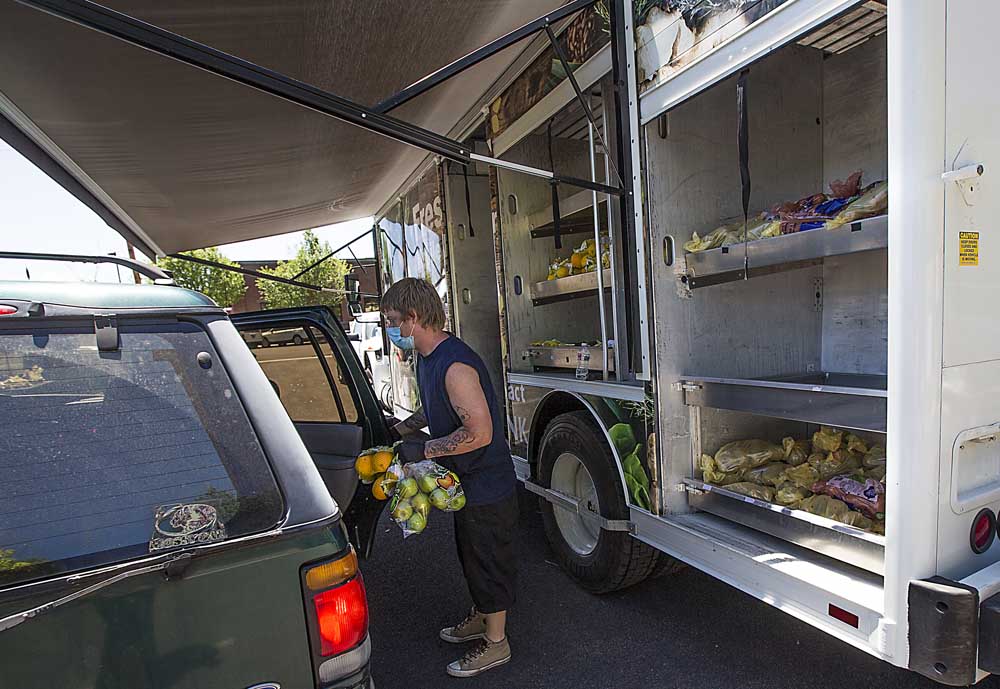Deschutes commissioner’s trip to conference raises questions about reimbursement
Published 12:00 am Monday, February 4, 2019

- Henderson
Deschutes County taxpayers will pay more than $1,000 for a county commissioner’s trip to a conference hosted by a conservative organization known for drafting business-friendly legislation to be introduced in statehouses around the country.
Commissioner Phil Henderson traveled to Washington, D.C., in November to the American Legislative Exchange Council’s annual States & Nation Policy Summit. His colleagues didn’t know he attended until after he submitted expense reports nearly a month after the trip.
“The practice since I’ve been here is we really don’t oversee each other’s plans,” Henderson said. “They’ve never asked me if I thought they could or couldn’t go (to conferences). I figure we’re adults.”
Former Commissioner Tammy Baney, who served with Henderson until early January, said it seemed inappropriate to use county money to pay to attend a conference hosted by ALEC. The organization is very political and pushes for conservative causes, she said.
“I don’t know that taxpayers get much out of it,” she said during a January meeting.
County commissioners regularly attend conferences of nonpartisan organizations, including the National Association of Counties and the Association of Oregon Counties.
In 2018, for instance, Commissioner Tony DeBone traveled to Salem in February, D.C. in March and Welches in August for conferences of those two organizations. Baney attended the March and August conferences, as well as a May conference in Sun Valley, Idaho and a July conference in Nashville, Tennessee, both organized by the National Association of Counties.
While at the November event, Henderson attended workshops hosted by the American City County Exchange, a relatively recent branch of ALEC that focuses on local government. ALEC is ostensibly nonpartisan, but its policy positions put it more in line with Republicans.
Model bills that have made it into state law include Arizona’s controversial “papers please” immigration law that allowed police officers to arrest anyone they believe is in the U.S. illegally, anti-union “right-to-work” laws in several states and legislation requiring photo ID to vote.
In many red states, ALEC boasts dozens of members who introduce bills based on ALEC policies each year.
The organization doesn’t have as much influence in Oregon as it does in other states. Former Rep. Gene Whisnant, R-Sunriver, who recommended Henderson attend the November conference, won one of ALEC’s “state legislator of the year” awards in 2011. Rep. Mike McLane, R-Powell Butte, also is a member.
Henderson said he’s aware of criticism of ALEC as a “corporate bill mill,” but he said he didn’t get that sense from the conference he attended.
“Agenda items to me were really relevant to what we’re doing here,” he said. “It wasn’t to me political. It’s not like going to CPAC (the Conservative Political Action Conference) or the Republican conference or whatever.”
The agenda included workshops about saving tax money in local budgets, how to serve as a “free market/limited government local official” and “Obama-era housing regulations in the era of Trump.”
“There is a conservative bent to spending, but that’s kind of what we do,” Henderson said. “One of the topics was meeting budgets in county government.”
Henderson met with U.S. Rep. Greg Walden, R-Hood River, and heard from speakers who included Acting White House Chief of Staff Mick Mulvaney and Housing and Urban Development Secretary Ben Carson.
Whisnant — along with state Rep. Greg Barreto, R-Cove, and state Sens. Bill Hansell, R-Athena, Kim Thatcher, R-Keizer, and Dennis Linthicum, R-Klamath Falls — were there, Henderson said.
Henderson was reimbursed $853.70 for his flights to and from D.C., as well as a total of $84.15 for meals at Redmond Airport and in D.C. He has not yet turned in receipts for the hotel he stayed at for two nights for the conference, but he said those rates were somewhere above $200 a night.
The conference’s webpage lists the ALEC group rate at $279 per night. Henderson said county reimbursements are based on government rates set by the federal General Services Administration, which were $181 a night for hotels in D.C. in November.
ALEC waived registration fees for Henderson, he said. According to a fee schedule on the conference’s website, Henderson would have paid between $350 (if he became a member of the organization and registered before Nov. 8) and $600 (if he was not a member and registered after Nov. 8), had the fees not been waived.
“They’re a group that’s trying to grow so they recruited me to come,” he said.
Elected officials shouldn’t be using public money or taking handouts from organizations like ALEC, said Kate Titus, executive director of Common Cause Oregon. Common Cause is a watchdog group that advocates for open government and clashes frequently with ALEC.
Unlike groups like the Association of Oregon Counties and the National Association of Counties, ALEC is led by corporations, Titus said.
“They engage elected officials, but real decision-making is being made by corporate interests,” she said. “It’s a disingenuous arrangement. It’s not a group of legislators who are getting together to discuss policy ideas.”
ALEC often brings lawmakers to conferences and allows corporations to pick up the price tags for those members, Titus said. Those same corporations have members who attend conferences, lobby lawmakers and help draft legislation.
“Common Cause sees ALEC as a corporate lobby that masquerades as a charity,” Titus said. “I don’t think elected officials should be using public funds to attend meetings run by organizations that are breaking laws.”
— Reporter: 541-633-2160, jshumway@bendbulletin.com






